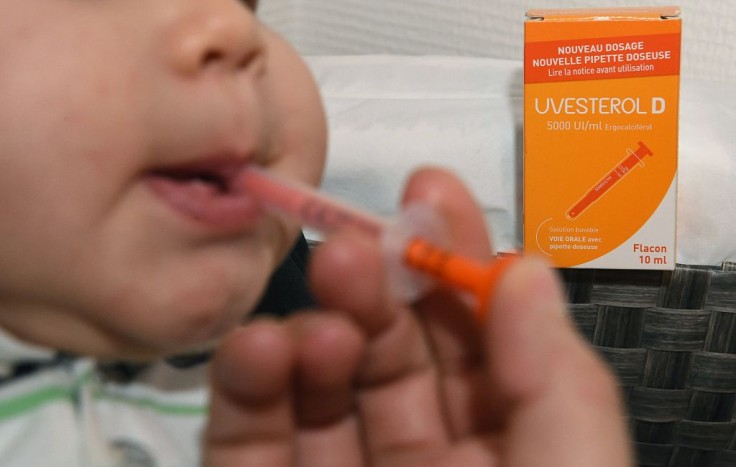
The emergence of the COVID-19 Omicron variant has raised some questions about the efficacy of vaccines. While many health experts insist that vaccination remains the best protection against the virus, some are looking at other options to protect themselves, such as vitamin D.
One study in the journal Nutrients has linked vitamin D to better outcomes for COVID-19 patients. It showed that individuals who have been regularly taking high levels of the vitamins before contracting the virus suffered less severe symptoms and needed no hospitalizations.
Another study from the University of Chicago Medical Center revealed that a high vitamin D level in Black Americans could lower their risk of testing positive. When the pandemic struck, the Black American population was considered one of the most vulnerable groups because they did not have enough vitamin D in their blood.
In Poland, vitamin D became the most popular supplement when the second wave of the pandemic struck in late 2020. However, a separate report among Europeans suggested that this supplement did not lower their risks for the viral disease.
Read Also : Flurona: How Serious Is a Flu With Coronavirus?
Why Vitamin D?
Vitamin D is a vital nutrient that the body needs to build strong bones and teeth or boost the immune system. While sunlight is the best available source, the body could also absorb vitamin D from food. The body can naturally create vitamin D, but it won't be enough to meet the daily requirement of at least 600 to 800 IU.
In the pandemic, most people have been taking more than 600 IU every day as the first line of defense against COVID-19. According to the National Health Institutes, vitamin D has a crucial role in allowing the body to activate its immune defenses to ward off the deadly virus.
Long before COVID-19, a person who is vitamin D deficient may also likely have health problems like diabetes, heart diseases, high blood pressure, multiple sclerosis, some types of cancer, and infections in the immune system. Thus, their doctors prescribe a better diet with food rich in vitamin D or supplements to improve their health.
Another study in the National Library of Medicine indicated that vitamin D deficiency might decrease the body's lung function when attacked by a respiratory infection, such as the flu or COVID-19 and its more transmissible variants. Current studies are being undertaken to determine the effects of a vitamin D dosage of up to 200,000 IU for COVID-19 patients.
Vitamin D for Children
Vitamin D supplements may help kids because their bones and teeth are still developing. They will also need this vitamin when flu and other viral infections spike during the winter season.
Experts in Turkey studied the correlation between vitamin D intake in kids and COVID-19. They have concluded that, as with the other studies, the prognosis is better when the children have higher vitamin D levels in their blood.
Obese or overweight kids who rarely get some time in the sun may have to take the supplements daily as well. However, too much vitamin D in kids can raise their risks of kidney stones development. So, if they are already drinking milk and eating food rich in vitamin D, they might not need supplements any longer.
If you believe you or a family member have a deficiency, there are blood tests to determine the right levels of vitamin D supplements to take. Talk to your healthcare provider to learn more and get the proper dosage.